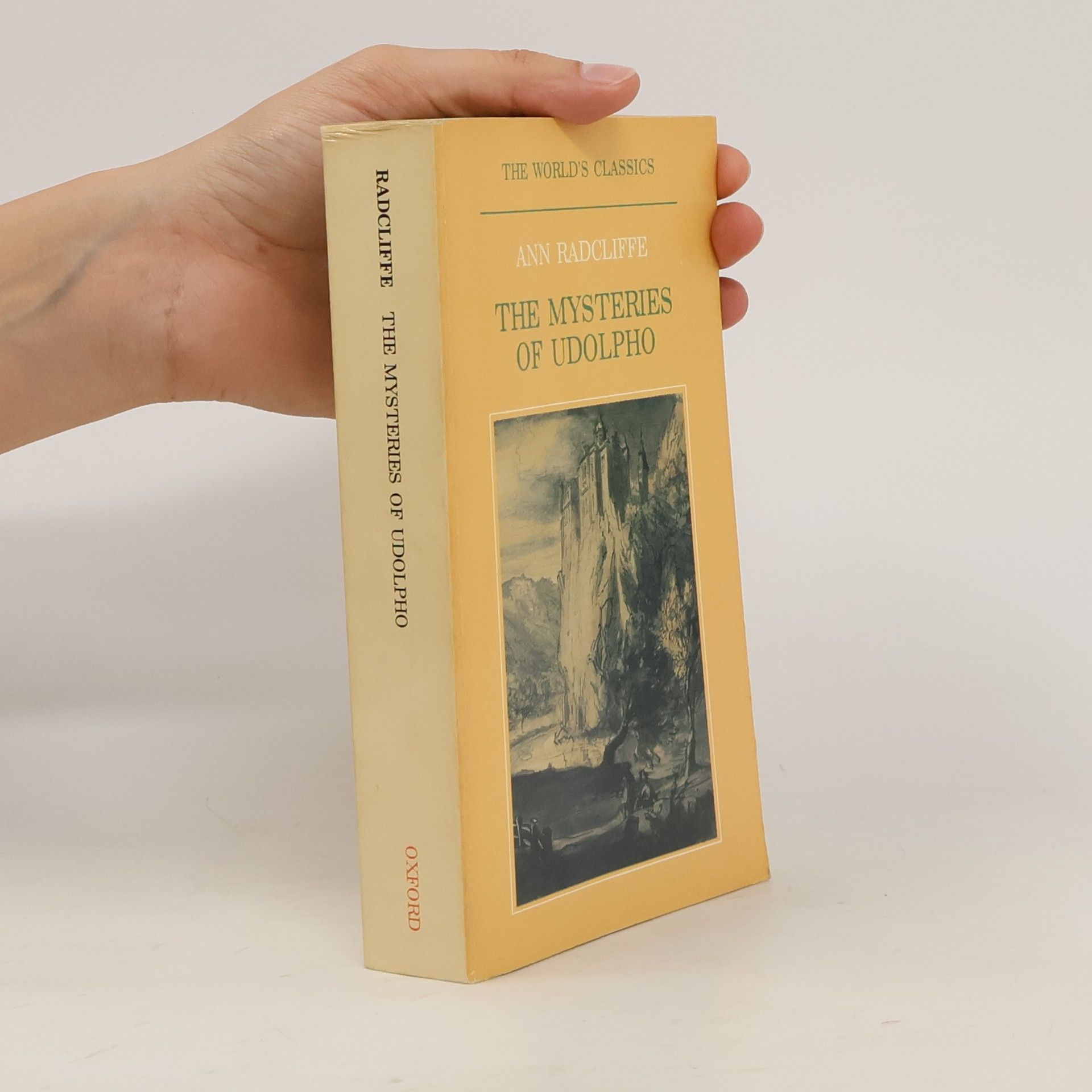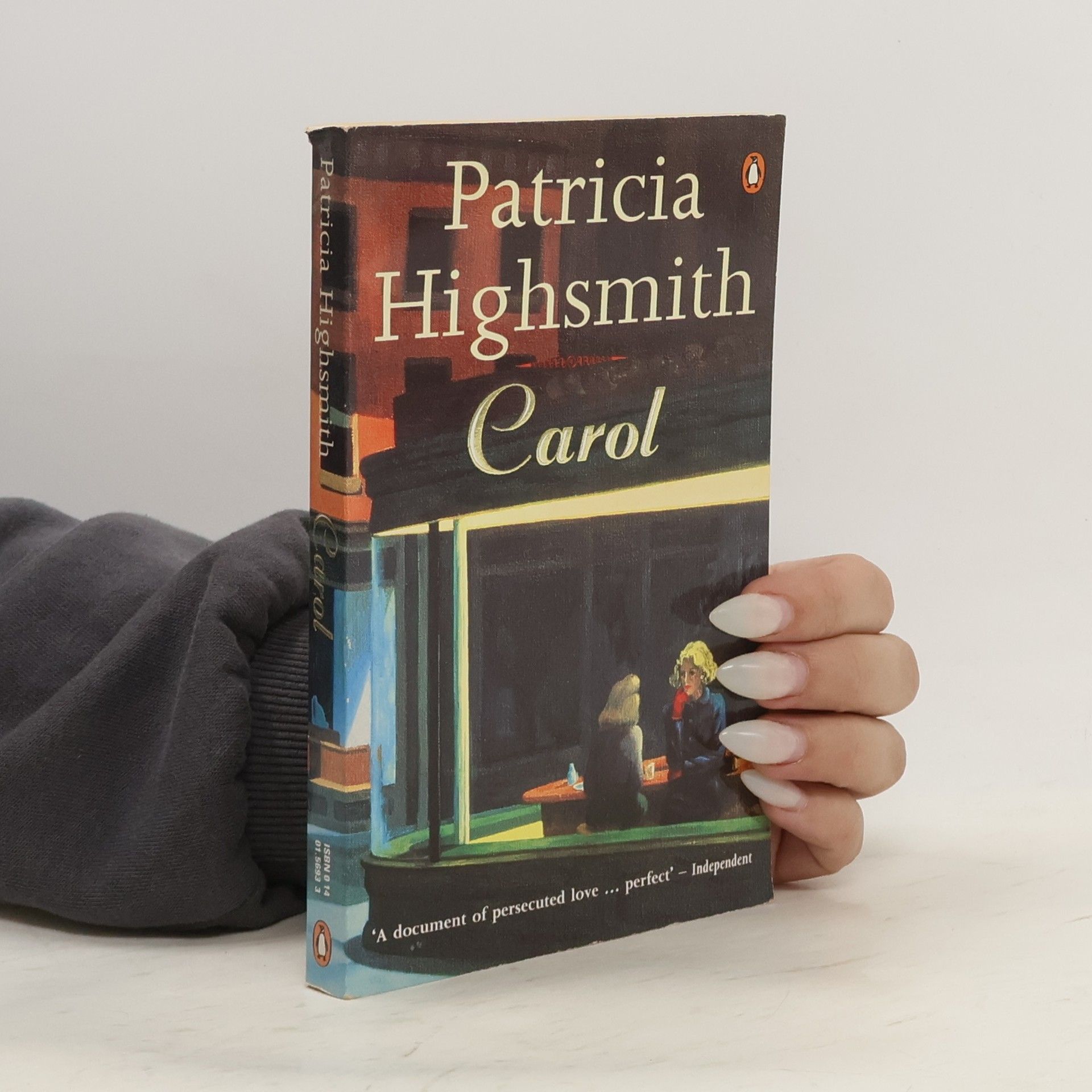Carol
- 272 pages
- 10 hours of reading
This is a classic novel from the author of 'The Talented Mr Ripley'.
Terry Castle is celebrated for her incisive and highly expressive literary criticism. Her writings delve into the intricate intersections of female sexuality and its presence within modern culture. Through her critical works, Castle offers profound insights into literary and cultural phenomena, earning acclaim for her illuminating and intellectually stimulating approach.


This is a classic novel from the author of 'The Talented Mr Ripley'.
Wildly popular upon its release, The Mysteries of Udolpho is a Gothic novel of undeniable charm and power. The virtuous and loving Emily, the young protagonist, finds herself in the care of her aunt following the death of her father. Her aunt promptly marries the villain Montoni, a cruel and calculating man whose scheming leads him to lock both women in the dark and winding castle of Udolpho. Will they survive to tell of its terrors?